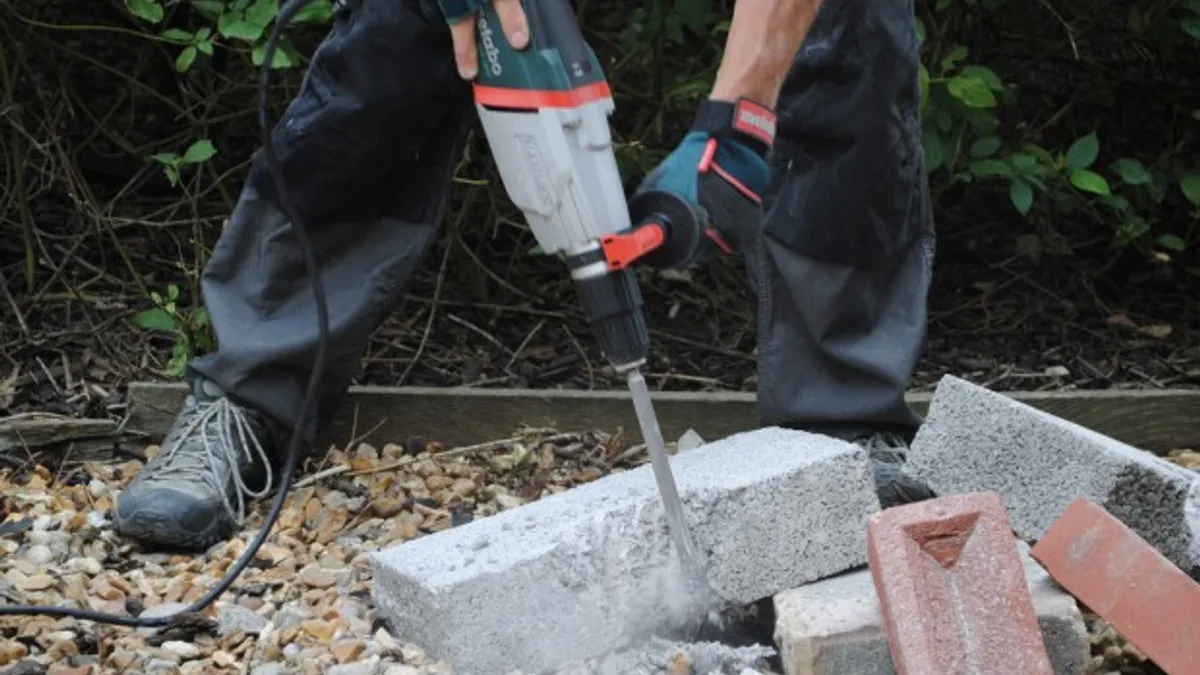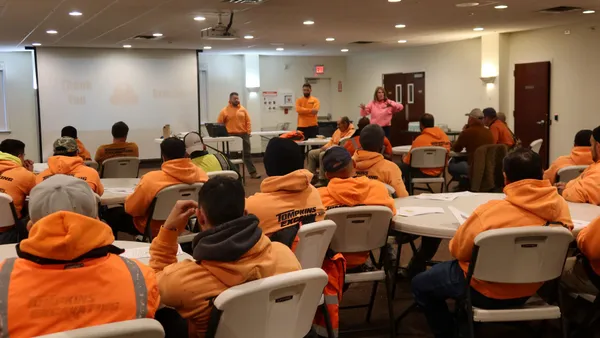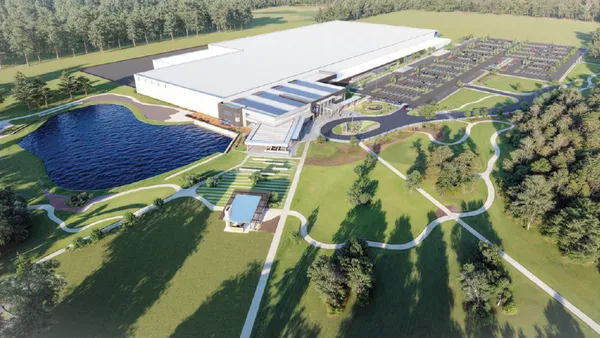Dive Brief:
- Foreign seasonal workers keep many industries humming, but the current state of the H-2B visa program may leave many business owners without the peak-season help they need this summer, reports the Denver Post. With the U.S. Department of Homeland Security's switch to a lottery system for the second half of fiscal year 2018, companies in landscaping, construction, tourism and hospitality are feeling the pinch.
- The number of visa applications far exceeds the 66,000 allotted job slots for the year, so securing seasonal workers has always been a challenge for employers. But Brad Ahl, president of Colorado-based Labor Solutions Inc., which helps companies apply for visas, told the Denver Post that the low unemployment rate and worsening labor shortages are forcing even more employers to look for foreign seasonal workers to hire.
- U.S. employers submitted 82,000 visa applications on Jan. 1, 2018, compared with 24,000 requests on that date in 2017, the Post reports. Many employers said they lost out economically last summer when Congress refused to increase the number of visas available, as it has done in the past. At employers' urging, the executive branch eventually added an extra 15,000 in July, but the business community said it was too little, too late.
Dive Insight:
USCIS shifted H-2B processing at the beginning of the year to try and accommodate the massive influx of visa applications the department received, but after another glut of applications for the second half of the fiscal year (47,000, according to USCIS), a lottery system was installed. For employers who depend on the visas, the news came as a blow.
At the center of the debate about H-2Bs is whether American workers will pick up the seasonal jobs left open by a lack of visas. But experts have said that in a tight labor market with record unemployment, American workers tend to bypass the hardest and lowest-paying seasonal jobs for better paying permanent jobs. While many employers have made efforts to improve employee engagement at the ground level, little can be done to change the difficult nature of landscaping, for example — especially in a state like Colorado, which has a burgeoning recreational marijuana industry and a slew of new, interesting jobs.
Will officals raise the cap on H-2B visas to relieve the pressure? It doesn't yet look likely, even as business demand for immigrant workers remains high.














